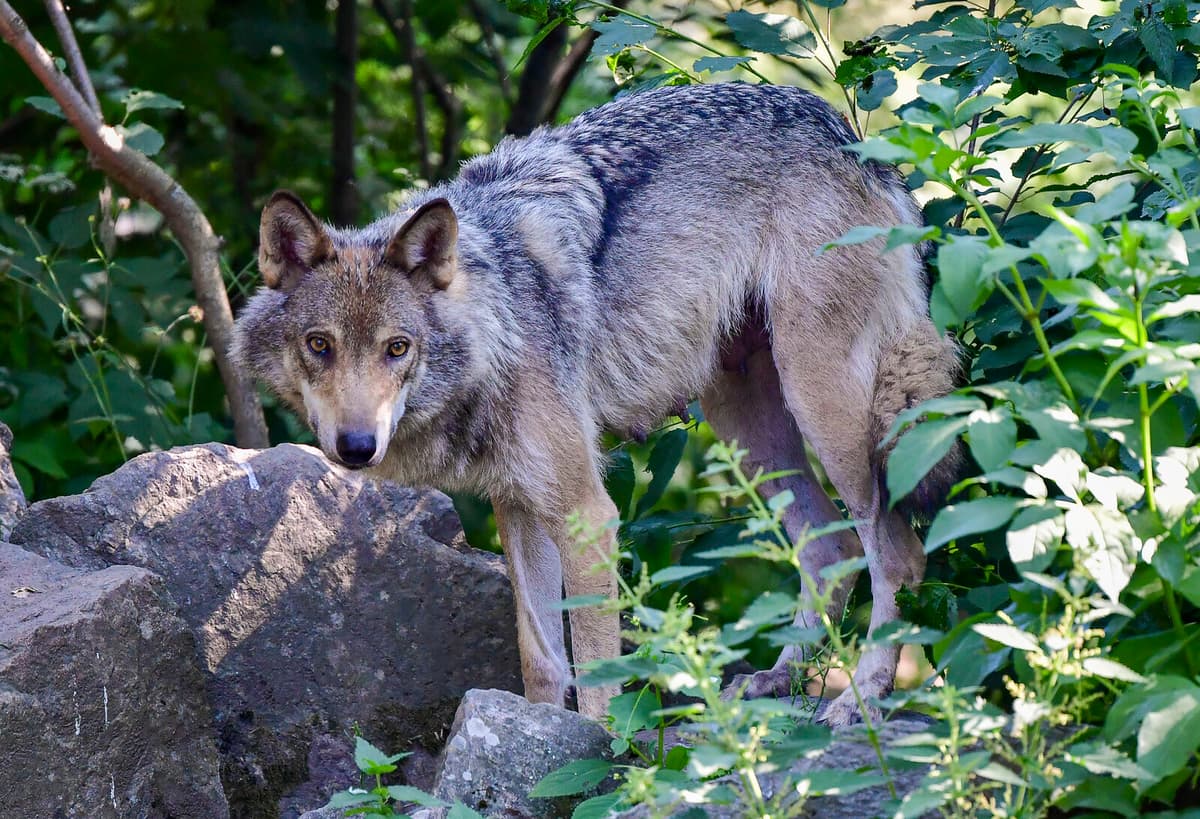Tuesday's decision in the so-called Bern Convention's standing committee paves the way for more countries in Europe to be able to hunt wolves. At the same time, opportunities for tougher measures are also opening up in Sweden.
According to a press release, the amendment will come into force within three months, unless at least one-third of the countries that have signed the Bern Convention protest.
The 1979 Convention is an international agreement that deals with the protection and conservation of European animal species.
Nature Conservation Agency positive
The EU Commission is now promising a quick proposal to also change the EU's species and habitat directive.
"Wolf populations that are constantly growing and the risks that come with it justify an adjustment of the wolf's legal protection status," writes the EU's newly appointed Environment Commissioner Jessika Roswall in a press release.
One can say that the species and habitat directive is an implementation of the Bern Convention and which is further implemented in Swedish legislation, says Carl-Johan Lindström, head of the Nature Conservation Agency's wildlife management unit.
According to Lindström, the Nature Conservation Agency is positive about the Council of Europe's decision. Exactly how the outcome will be in practice is, however, difficult to predict.
It can increase the scope for action when it comes to making decisions on licensed hunting and protective hunting, while the wolf will still be protected, he says.
Kullgren: "Easier to manage wolves"
Tuesday's decision is welcomed in a press release by both Rural Affairs Minister Peter Kullgren (KD), EU Minister Jessica Rosencrantz (M), and Climate and Environment Minister Romina Pourmokhtari (L).
One lowers the protection status from "strictly protected" to "protected" and hopefully makes it easier to continue the government's ambition to have a smaller wolf population in Sweden, said Kullgren already in September.
The EU's species and habitat directive states that wolves may only be killed under strict conditions and special circumstances. The protection applies to almost the entire EU, except for a few countries in Eastern Europe, northern Finland, and parts of Spain and Greece.
Sweden's wolf hunting has long been questioned by the EU Commission, which has not yet taken Sweden to the EU Court of Justice in the matter.
The wolf population in the EU is estimated to be around 19,000 animals.






